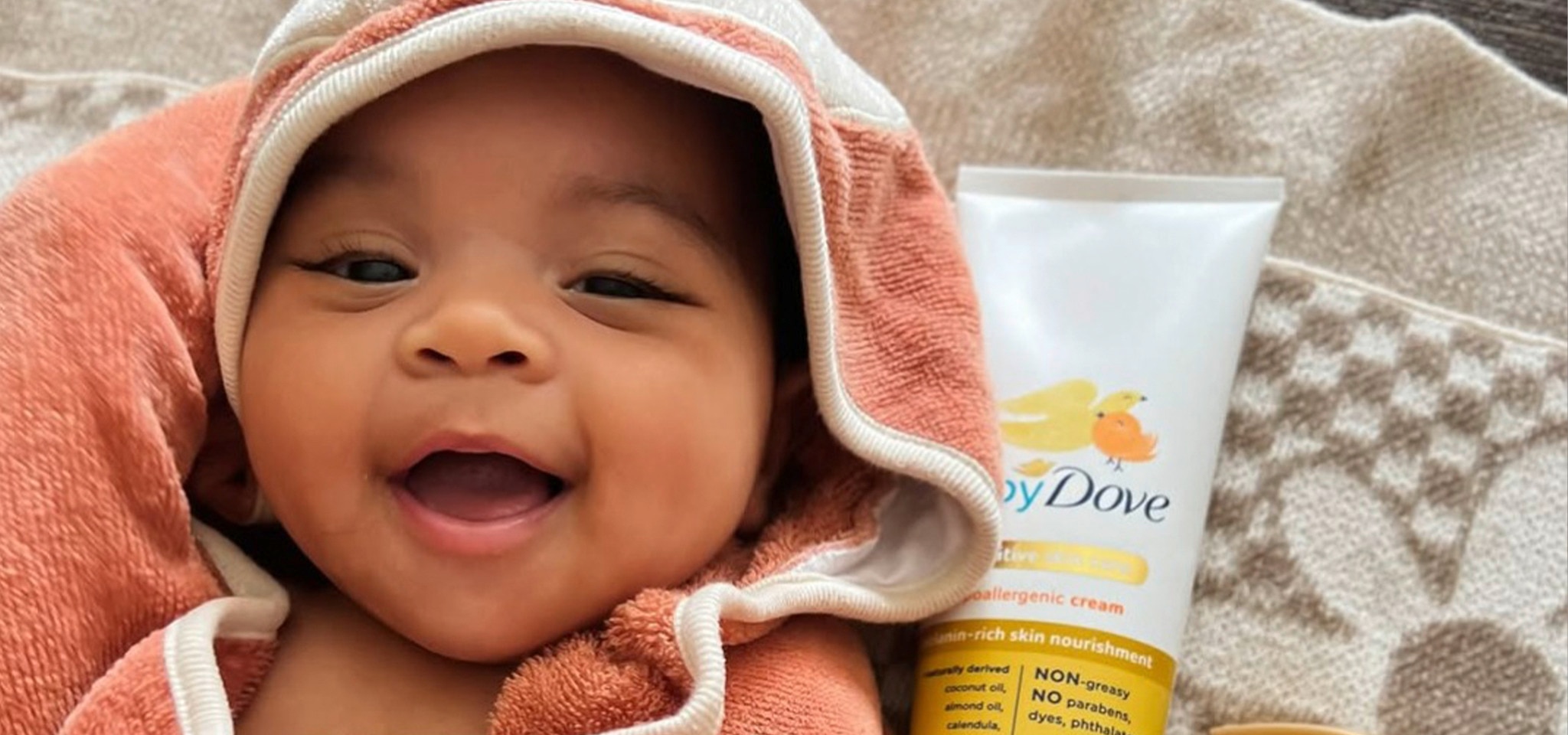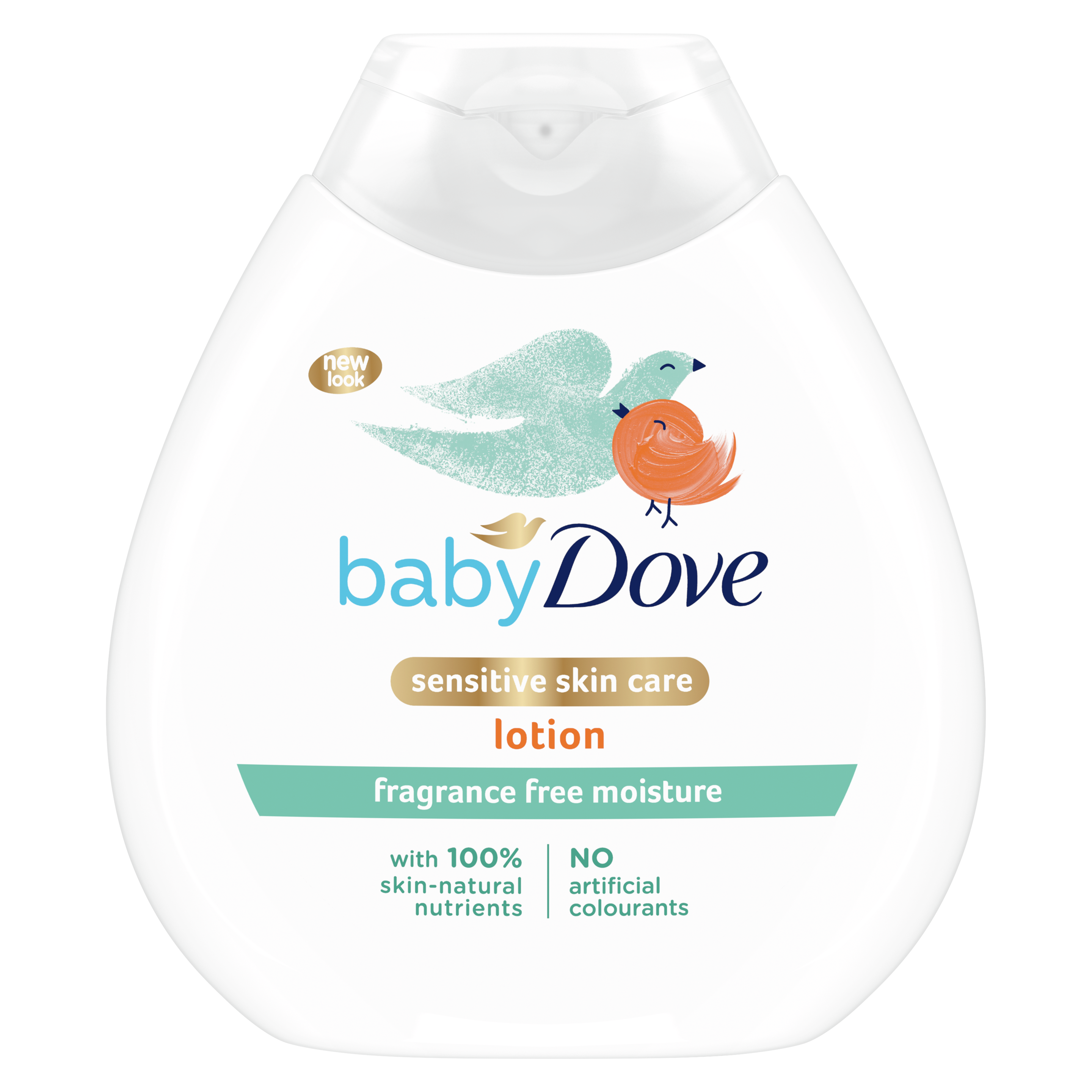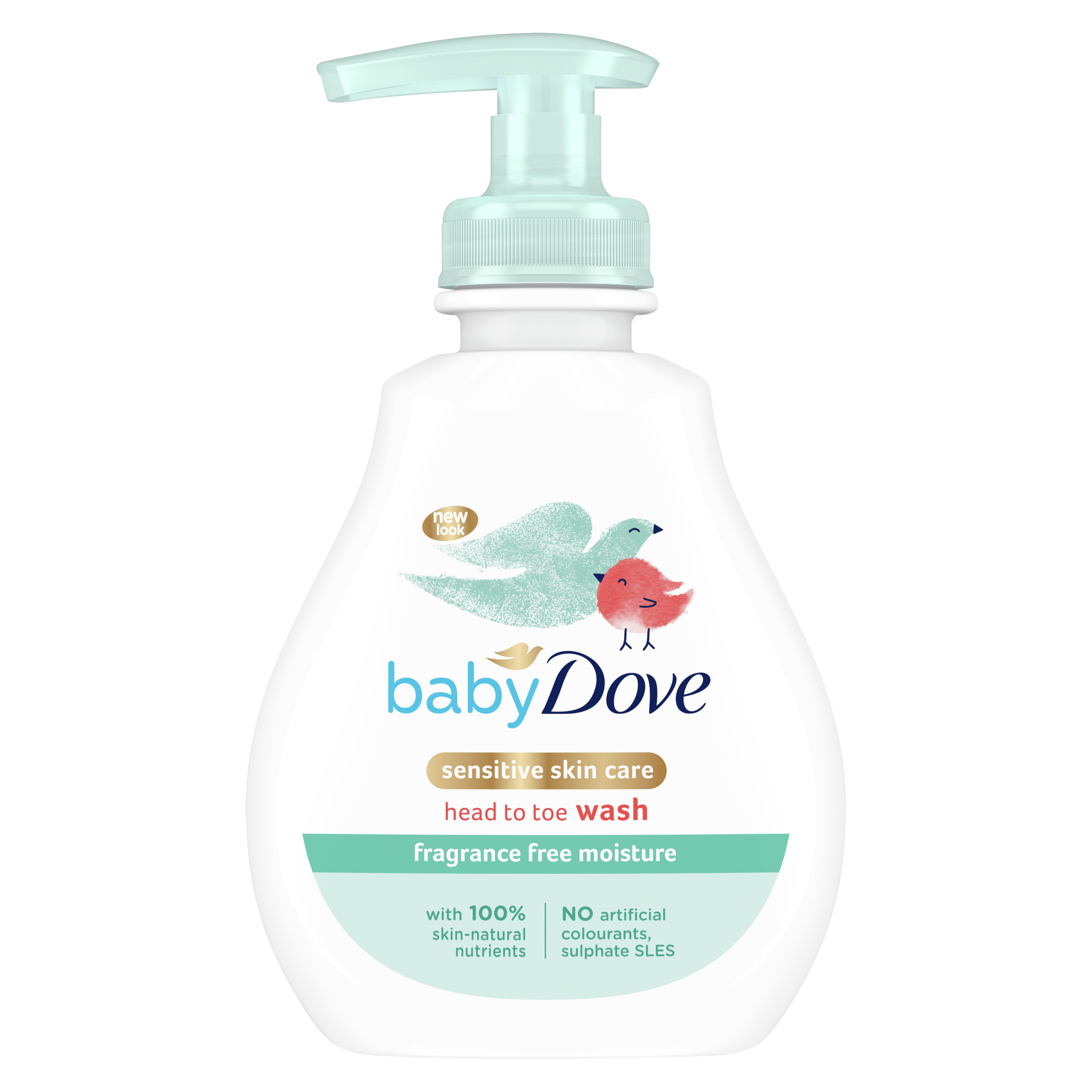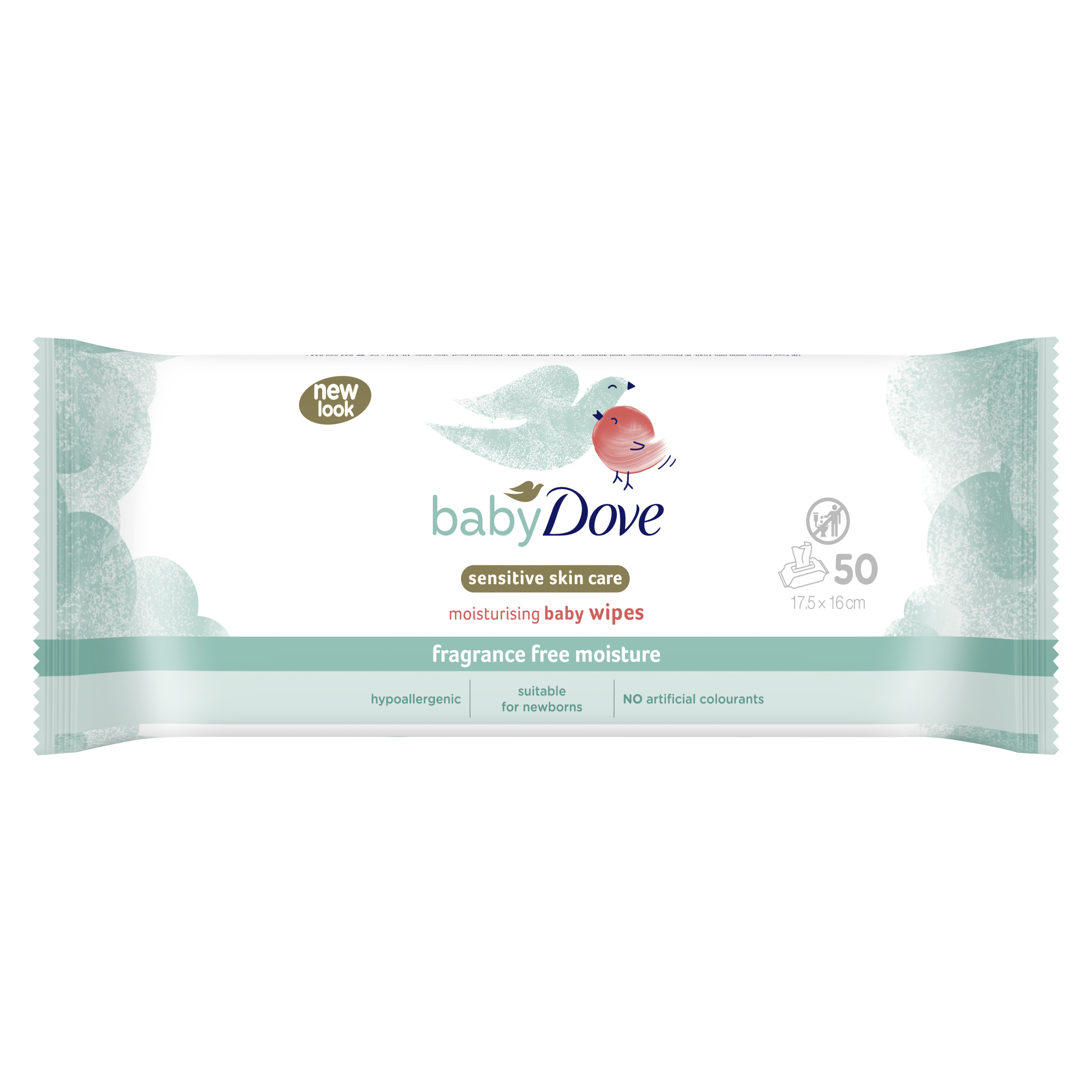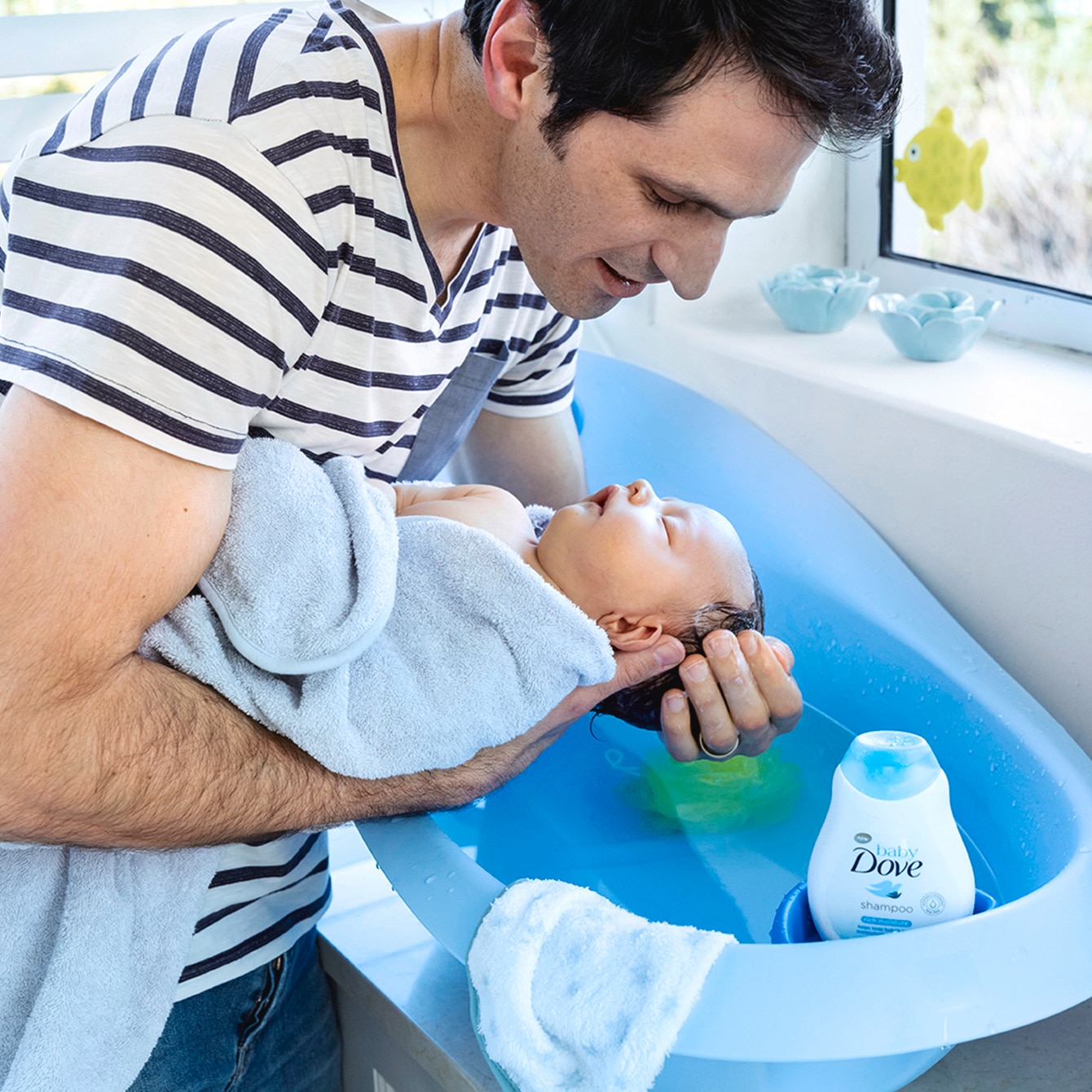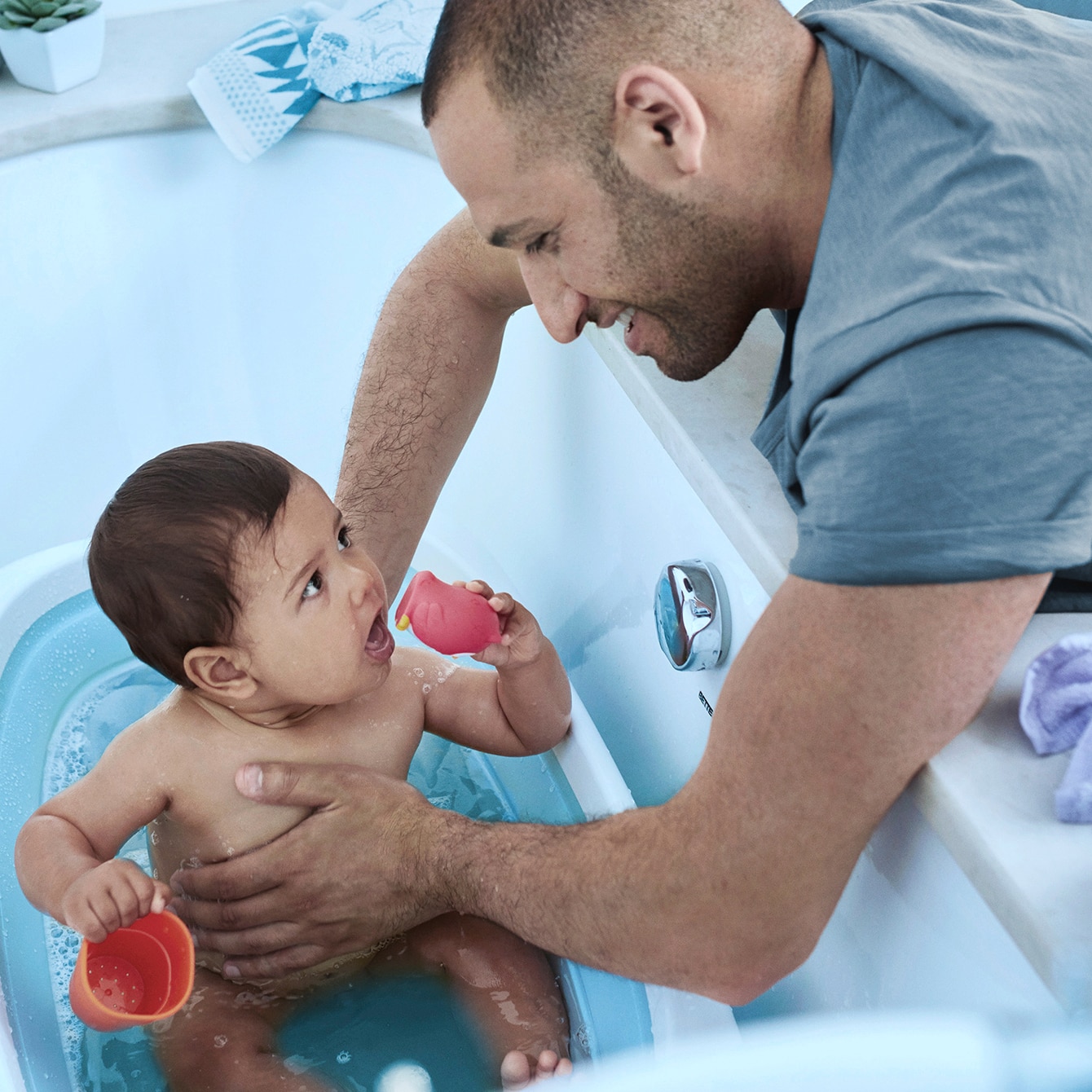Let’s answer an important question: What is skin microbiota, and what role does it play in your baby’s skin?
Skin flora, or microbiota, refers to the microorganisms that reside on human skin and contribute to its health. These microbiotas have been shown to play a role in educating the immune system, specifically the innate and adaptive arms of the cutaneous (skin) immune system. Some skin conditions are associated with an altered microbial state, which is why it is crucial to prevent dysbiosis (an imbalance in the microbiome) to help reduce the risk of skin diseases.
The initial colonisation of a newborn’s skin microbiome occurs during vaginal delivery through the birth canal. After birth, several key factors influence microbial growth on the skin, including:
- Skin
- Moisture levels
- Temperature
- Sun exposure
- Interactions with other microorganisms
How to Support a Healthy Skin Microbiome
One way to help maintain a healthy skin microbiota is by using glycerin-based products, such as Baby Dove Body Wash which contains Glycerin. When applied to the skin, glycerin has been shown to support the balance of the skin microbiome, making the skin more resilient and healthy. The most fascinating aspect of glycerin is that it nourishes the microbiome on a baby’s skin, strengthening it and helping it protect itself against dryness and irritation.
Additionally, using a pH-neutral, tear-free baby body wash, such as Dove Baby Head to Toe Wash, helps replenish skin essential nutrients to help your baby’s skin retain its natural moisture, further promoting a balanced and healthy microbiome. A well-maintained microbiome allows the skin to continue performing its essential protective functions effectively.
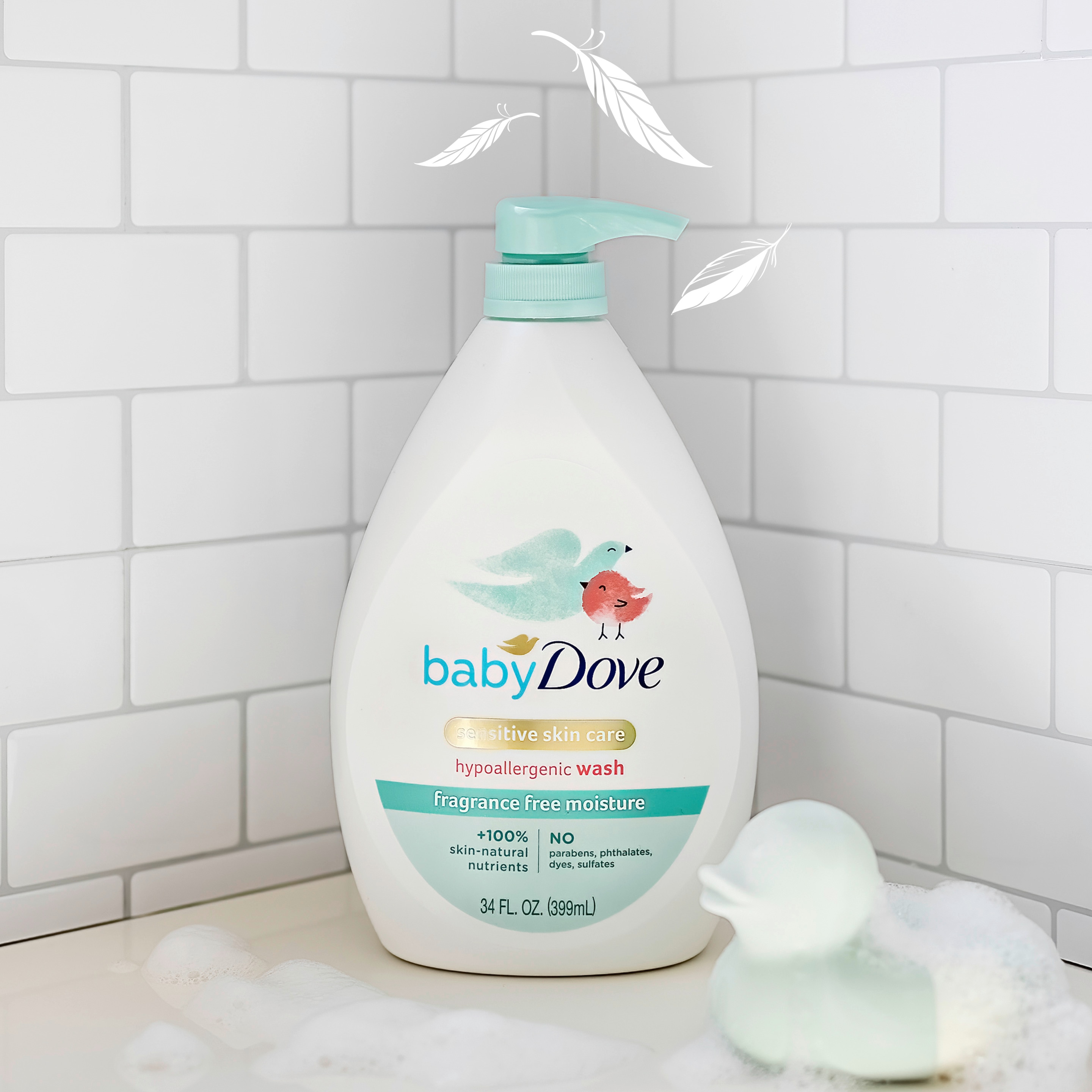
Identifying and Treating Sensitive Skin
The skin serves as an essential barrier that protects the body. Yet, many people don’t fully recognise its importance until they experience injury, inflammation, or burns. Did you know that a baby’s skin is more delicate than an adult’s because it is still developing? It requires special care to maintain its protective functions.
The amazing role of the skin can be observed during skin-to-skin contact at birth, which helps regulate a baby’s temperature, breathing, and heart rate. This practice also calms and relaxes the baby while creating a strong emotional bond with the parent.
Why is a Baby’s Skin Different?
A baby’s skin is distinctly different from adult skin because:
- It is more prone to disease
- It has a developing microbiome
- It is thinner and more sensitive
- It loses moisture more
- It has immature temperature regulation
Signs of Sensitive Skin in Babies
Babies with sensitive skin may show signs such as:
- Redness
- Swelling
- Warmth
- Dryness or peeling
- Atopic dermatitis (eczema)
Download our free checklist for the key signs of eczema! (PDF 114KB)
How to Care for Sensitive Skin
As paediatricians, we recommend using products that are fragrance-free, colourant-free, and free from harsh ingredients, as these can cause irritation. Drying soaps should also be avoided, as they can trigger flare-ups of eczema or atopic dermatitis – a recurring form of skin inflammation.
Common Triggers for Sensitive Skin
- Extreme weather conditions
- Over-exfoliation
- Allergies
- Harsh skincare products (e.g., those containing sulfates, alcohol, or glycolic acid)
- Genetics
Recommended Skincare for Babies
For bathing, we recommend using a gentle, non-drying body wash, such as Baby Dove Hypoallergenic Fragrance-Free Head to Toe Wash with 100% skin natural nutrients.
This Baby Dove Body Wash is free from dyes, parabens, and phthalates, which are unwanted chemicals that can irritate delicate skin.
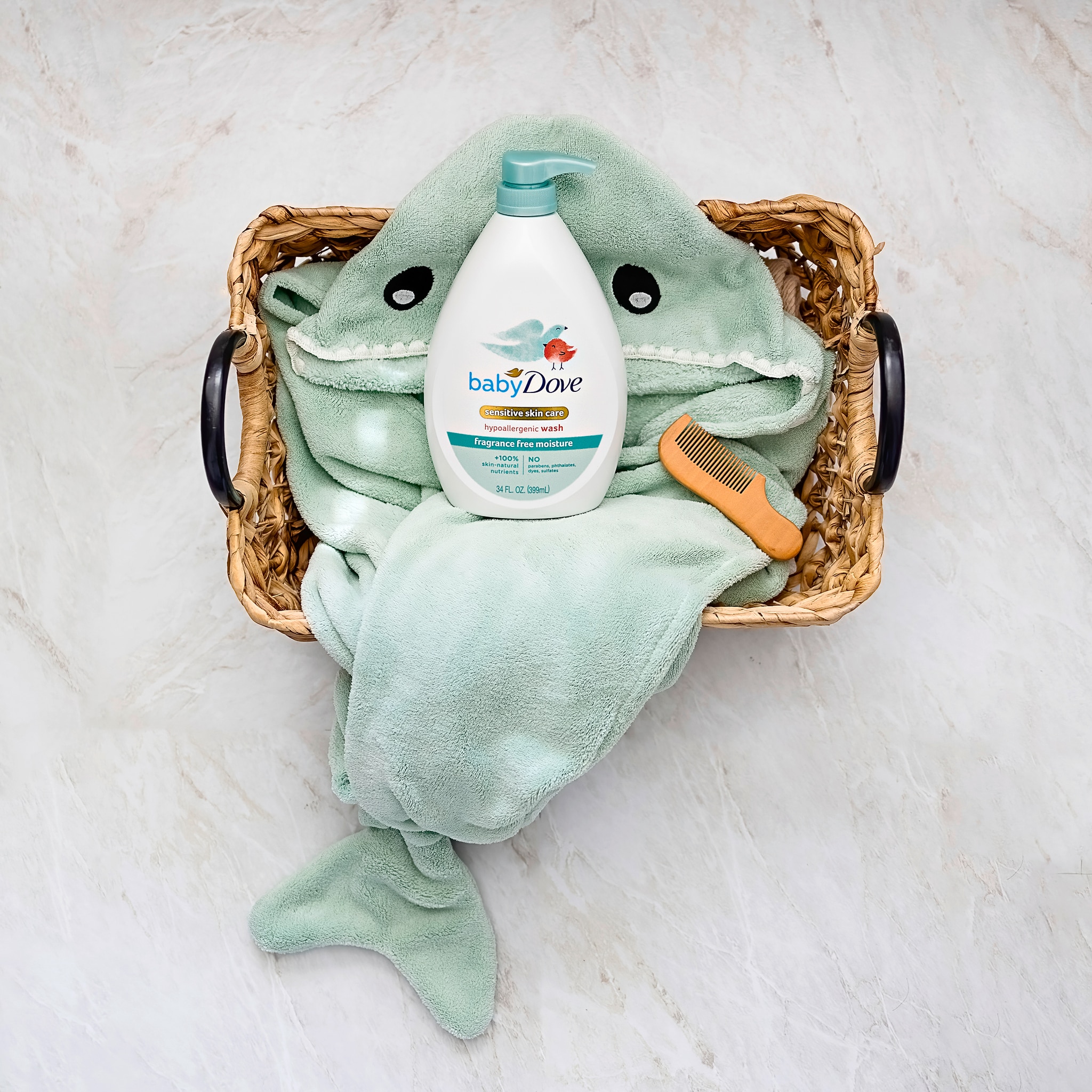
Other baby-safe skincare products include:
- Petroleum jelly (Vaseline) for dry patches or as a diaper barrier
- Shea butter and glycerine or baby lotion like Baby Dove Hypoallergenic Fragrance Free Lotion to help lock in moisture
- Baby-friendly sunscreen (recommended after six months of age)
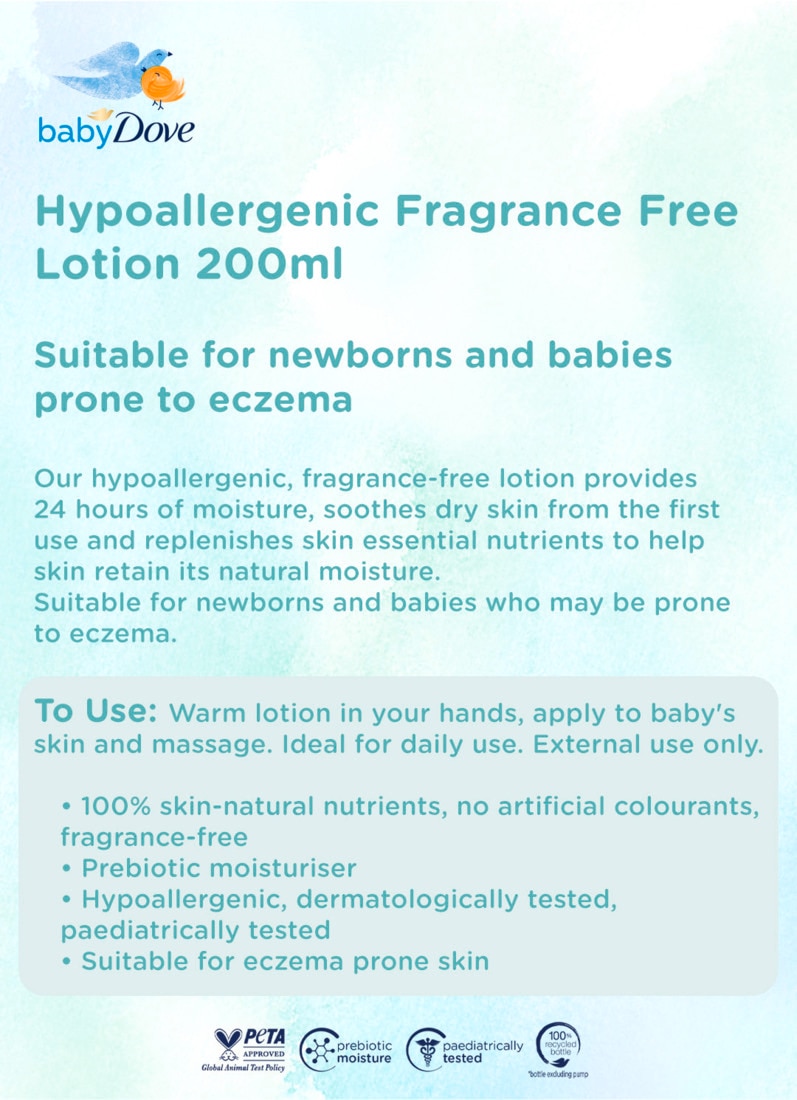
Additional Skin Care Tips
- Dress your baby in loose-fitting clothes to prevent friction.
- Keep the room temperature cool to avoid excessive sweating.
Caring for your baby’s sensitive skin requires gentle and consistent care. By choosing the right products, avoiding common irritants, and maintaining proper hydration, you can help protect and strengthen your baby’s skin barrier.
Written by Dr. Machaba, Paediatrician, MBcHB, FcPaed, MMED

